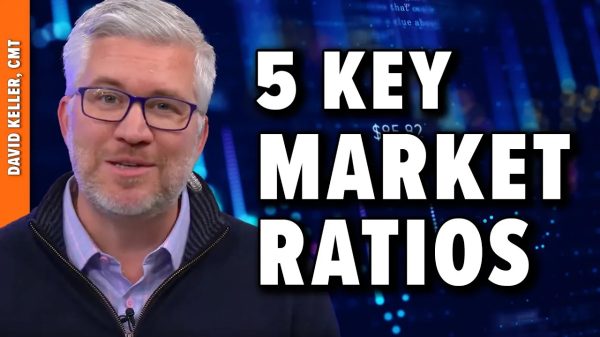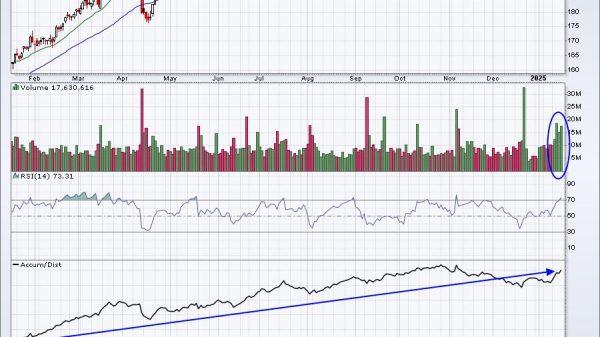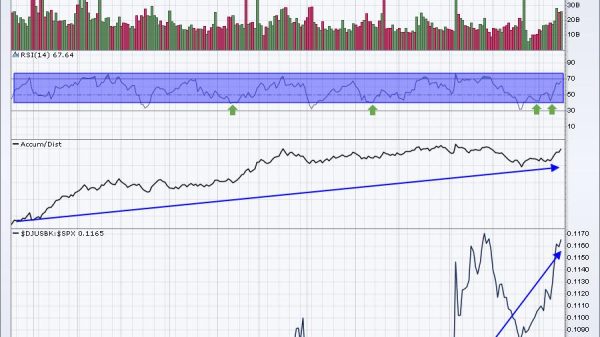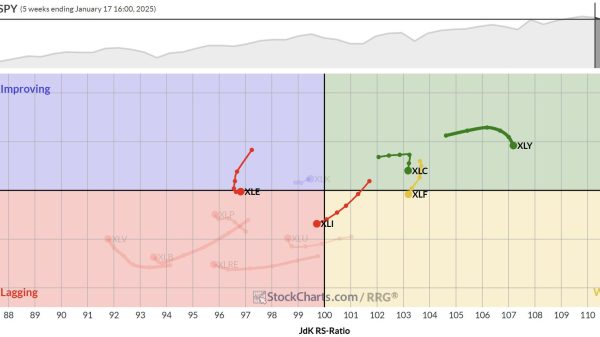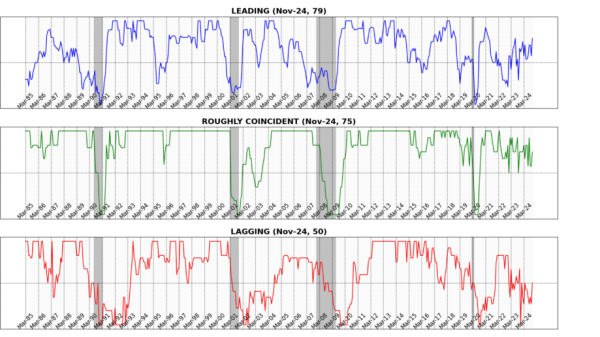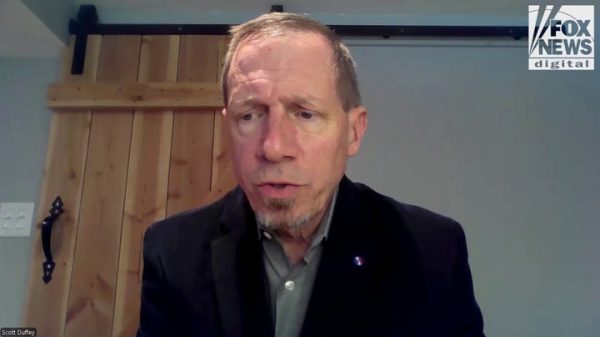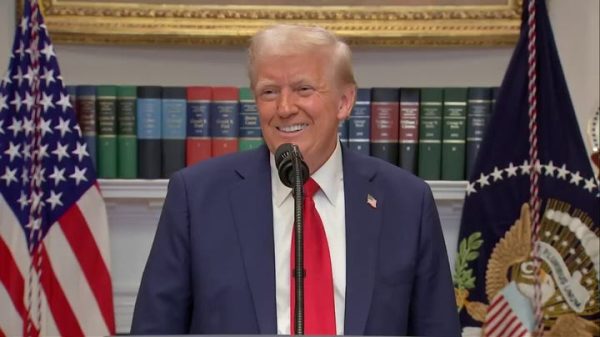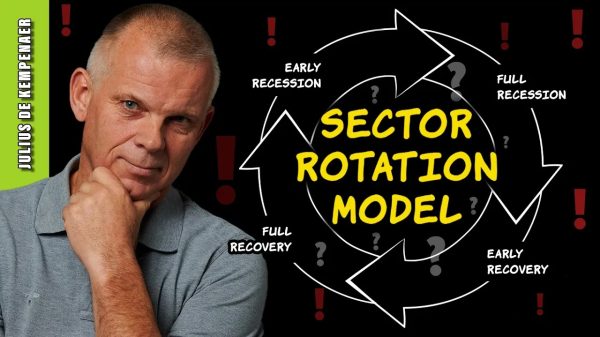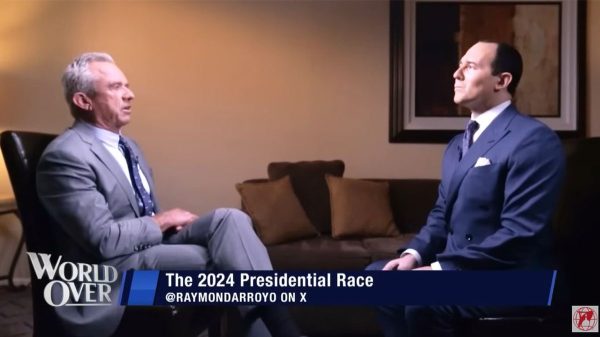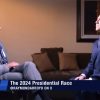Former President Trump has had a number of legal victories in recent weeks, putting a pause on a majority of cases and delaying others that could have complicated his campaigning during the general election season.
The Supreme Court ruled in Trump v. United States last month that a former president has substantial immunity from prosecution for official acts in office but not for unofficial acts. The high court left it to the lower court to determine exactly where the line between official and unofficial is.
‘The President therefore may not be prosecuted for exercising his core constitutional powers, and he is entitled, at a minimum, to a presumptive immunity from prosecution for all his official acts,’ the majority opinion written by Chief Justice John Roberts states. ‘That immunity applies equally to all occupants of the Oval Office, regardless of politics, policy, or party.’
The question of presidential immunity stemmed from Special Counsel Jack Smith’s Jan. 6 case against Trump. Trump pleaded not guilty to those charges. That trial was put on hold in a lower court pending the Supreme Court’s ruling, which wiped out any charges related to official presidential acts.
That case has been returned to the U.S. District Court for the District of Columbia. Smith requested a delay to amend and prepare his argument in the case, following the Supreme Court ruling. Judge Tanya Chutkan granted Smith’s request. A joint status report is now due Aug. 30 and a status conference is now set for Sept. 5.
The Supreme Court’s ruling then prompted Trump’s lawyers to request that the former president’s sentencing be delayed in New York v. Trump. He was found guilty on all counts of falsifying business records in the first degree after an unprecedented criminal trial stemming from Manhattan District Attorney Alvin Bragg’s investigation.
The sentencing was originally scheduled for July 11, before the Republican National Convention, where Trump was set to be formally nominated as the GOP presidential nominee. Judge Juan Merchan agreed to delay and said a hearing on the matter would take place Sept. 18.
But days later, Trump’s lawyers asked Merchan to overturn the former president’s guilty verdict in New York v. Trump.
Trump attorneys cited the Supreme Court ruling, saying the court should ‘dismiss the indictment and vacate the jury’s verdict based on violations of the Presidential immunity doctrine and the Supremacy Clause.’ In the formal motion, Trump lawyer Todd Blanche pointed to the Supreme Court’s immunity decision and argued certain evidence of ‘official acts’ should not have been admitted during the trial.
Specifically, Blanche argued that testimony from former White House officials and employees was inappropriately admitted during trial.
Blanche argued Bragg ‘violated the Presidential immunity doctrine by using similar official-acts evidence in the grand jury proceedings that gave rise to the politically motivated charges in this case.’
A ruling on the motion is pending.
Days later, U.S. District Judge Aileen Cannon dismissed Smith’s classified records case against Trump.
Trump had faced charges related to alleged improper retention of classified records at Mar-a-Lago. He pleaded not guilty to all 37 felony counts from Smith’s probe, including willful retention of national defense information, conspiracy to obstruct justice and false statements.
But Cannon dismissed the case altogether, ruling Smith was unlawfully appointed and funded, citing the appointments clause in the Constitution.
The appointments clause states, ‘Ambassadors, other public Ministers and Consuls, Judges of the Supreme Court, and all other Officers of the United States be appointed by the President subject to the advice and consent of the Senate, although Congress may vest the appointment of inferior officers in the President alone, in the Courts of Law, or in the Heads of Departments.’
Smith, however, was never confirmed by the Senate. He is appealing the ruling.
Meanwhile, in Fulton County, Georgia, District Attorney Fani Willis had charged Trump with crimes related to alleged 2020 election interference. Trump pleaded not guilty to all counts.
The judge in that case dismissed six of the charges against Trump, saying Willis failed to allege sufficient detail.
The case also was thrown into limbo when it was revealed Willis reportedly had an ‘improper affair’ with Nathan Wade, a prosecutor she hired to help bring the case against Trump. Wade later resigned his position.
Last month, the Georgia Court of Appeals paused the proceedings until it hears the case to disqualify Willis in October, yet another major setback for Willis.
Last week, the Georgia Court of Appeals said it would hear Trump’s argument to have Willis disqualified on Dec. 5, a month after the 2024 presidential election.
Meanwhile, the Supreme Court ruling could be applied by Trump attorneys in several civil cases he has been fighting.
In the civil defamation case brought against him by columnist E. Jean Carroll, Trump was ordered to pay more than $83 million in damages after he denied allegations he raped her in the 1990s.
Carroll alleged Trump raped her at the Bergdorf Goodman department store across from Trump Tower in Manhattan in 1996.
The jury found Carroll was injured as a result of statements Trump made while in the White House in June 2019.
Trump’s denial came while he was president during a press gaggle at the White House. Trump attorneys could say the denial came as part of an official presidential act.
His denial resulted in Carroll slapping Trump with a defamation suit, claiming his response caused harm to her reputation.
Trump is also appealing the civil fraud ruling that demanded he pay more than $450 million after a lawsuit brought against him by New York Attorney General Letitia James.
Trump’s legal team this week filed paperwork with a mid-level appeals court, calling the ruling ‘unconstitutional.’


